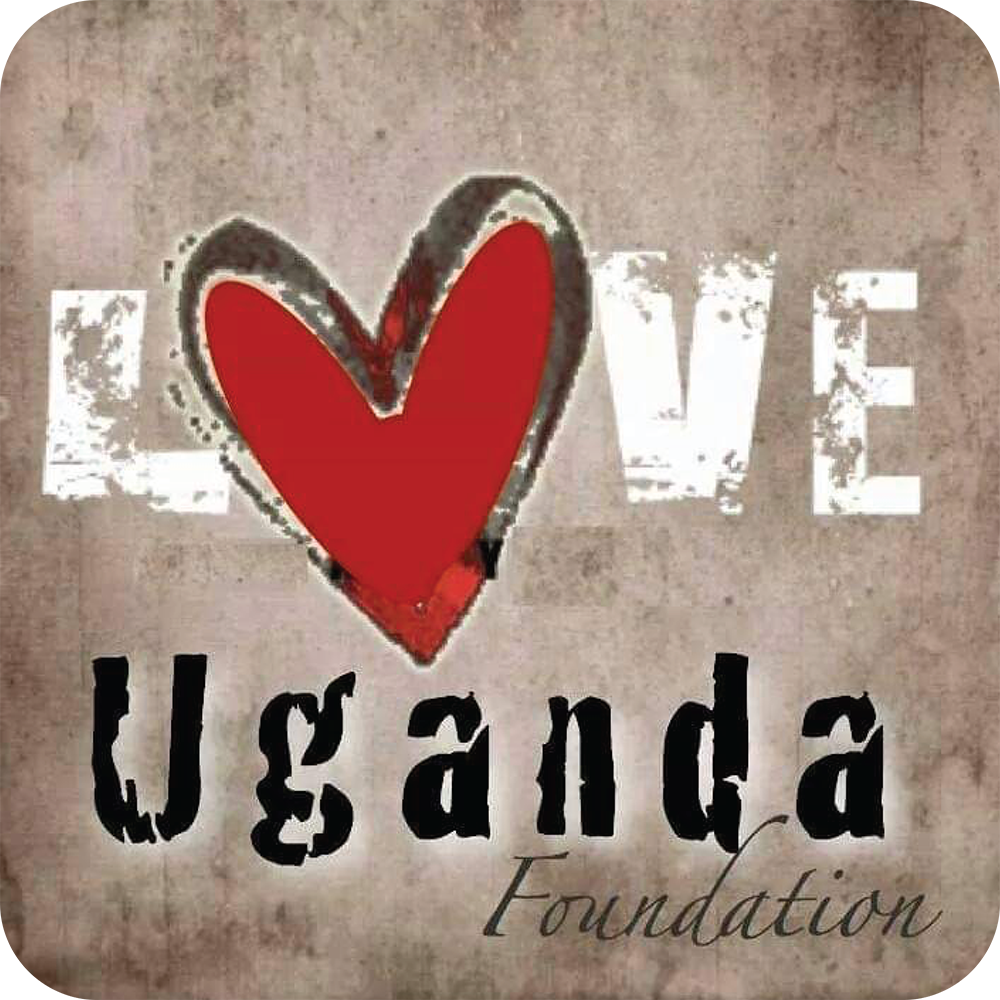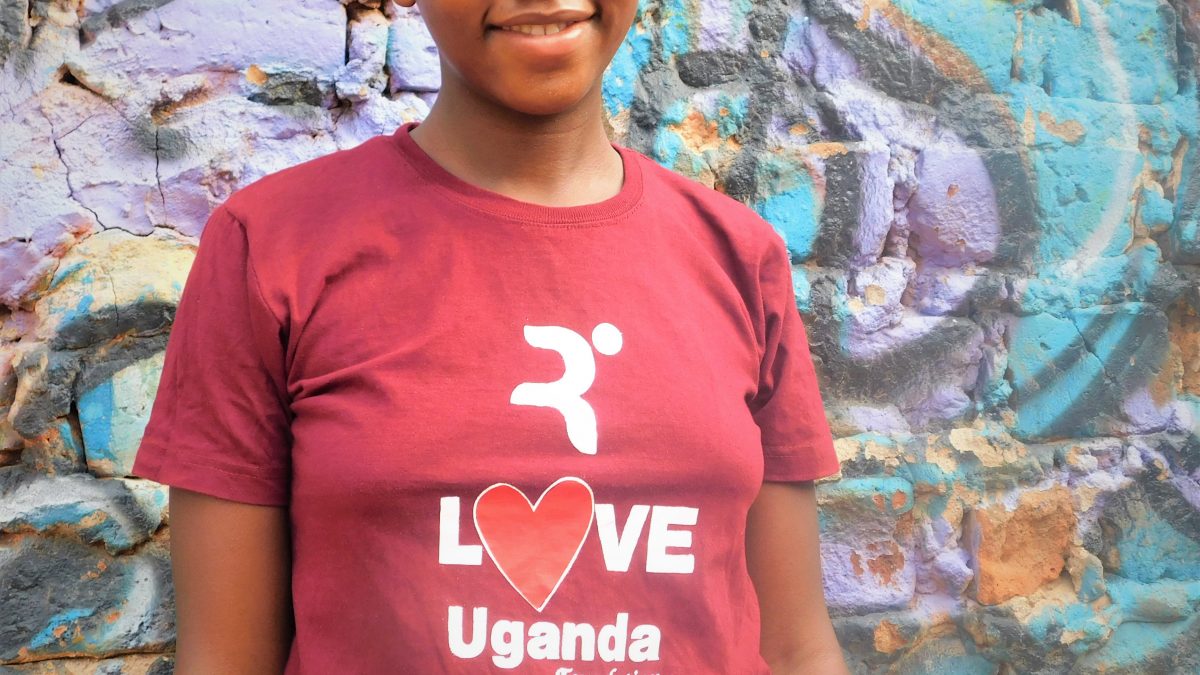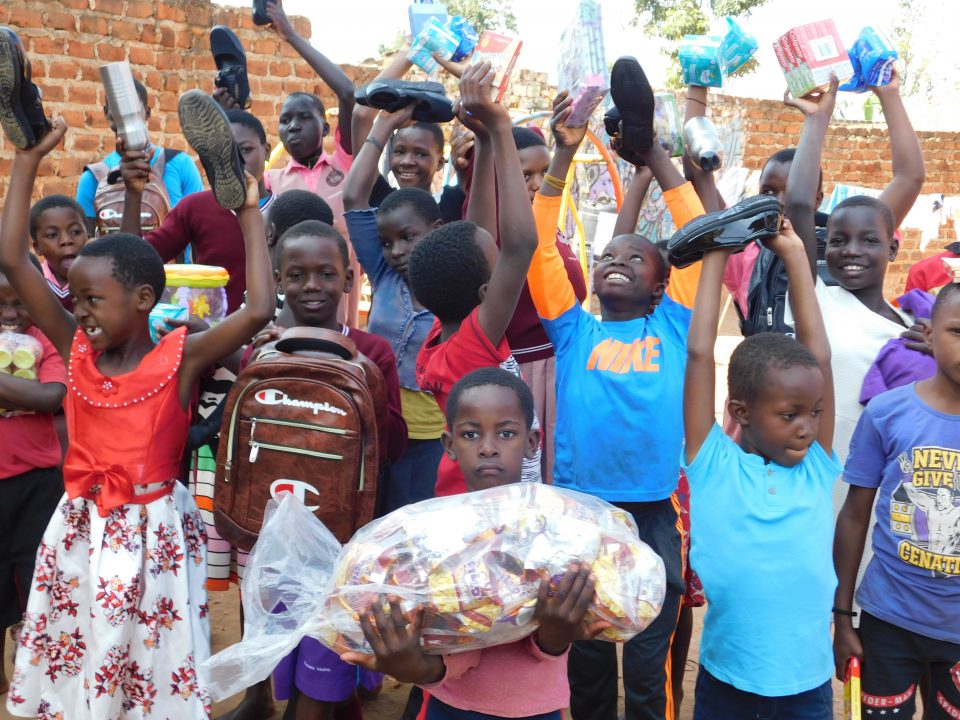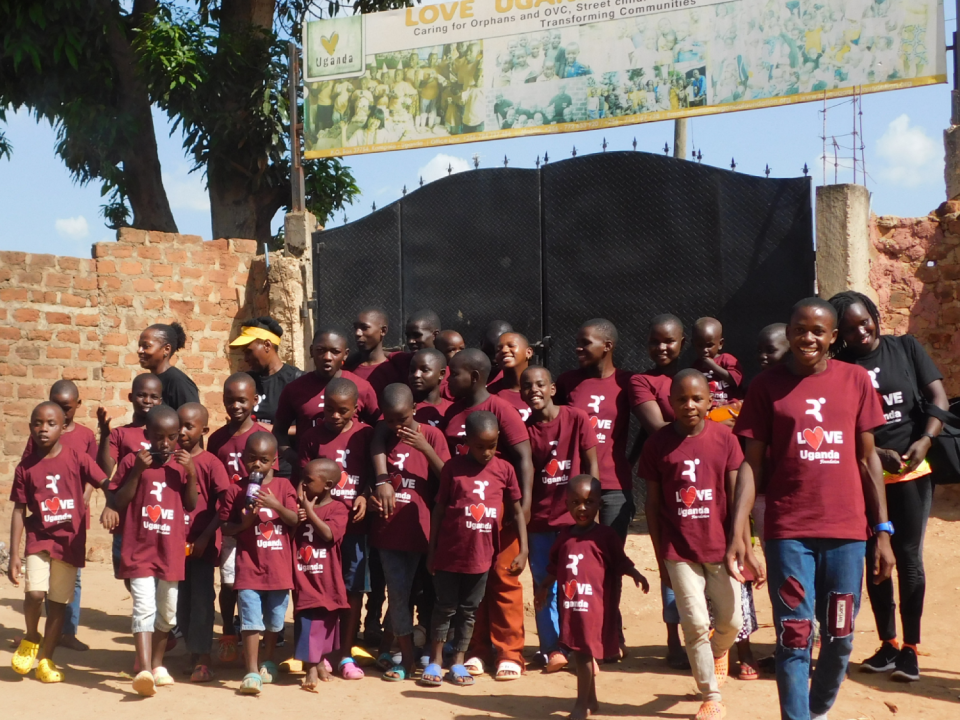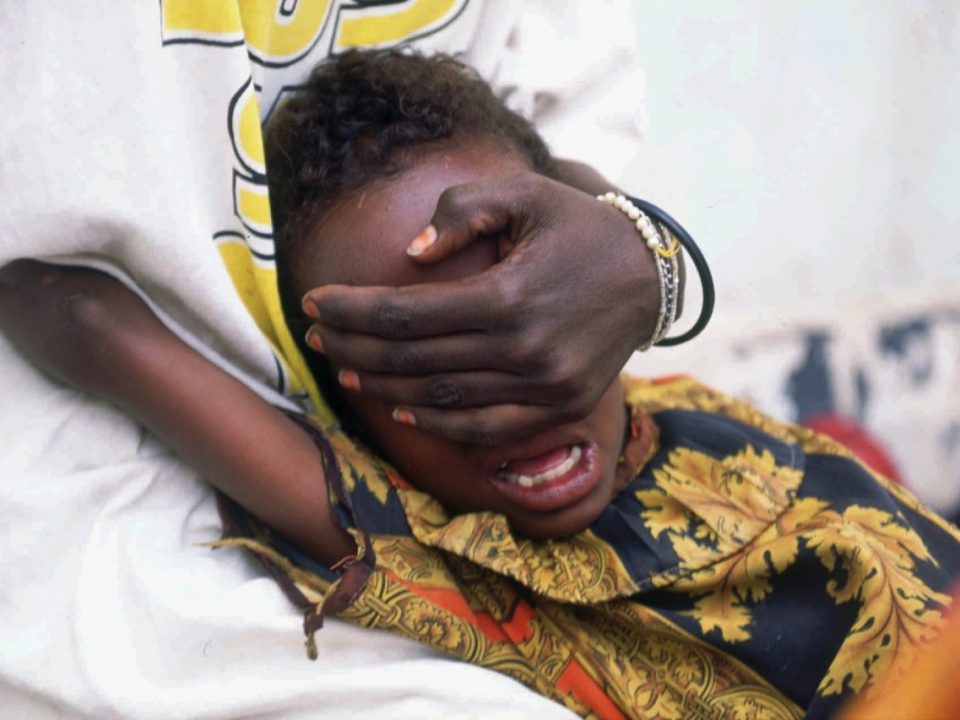MENSTRUAL STIGMA IN UGANDA

CHILD SPONSORSHIP IN UGANDA
August 3, 2023
PARENTING IN UGANDA
September 6, 2023Volunteer in Uganda to end menstrual stigma among girls and women
Menstrual stigma is a pervasive issue in many parts of the world, including Uganda. In Uganda, menstruation is often considered taboo. Many girls and women face discrimination and shame for something that is a natural body function. This stigma can lead to girls and women missing school or work, as well as impacting their mental and physical health.
However, there are several efforts being made to fight menstrual stigma in Uganda. One organization that is doing important work in this area is the Love Uganda Foundation. Love Uganda Foundation runs programs in line with “Menstrual Hygiene Management.” This provides education and resources to girls and women about menstruation and how to manage it safely and hygienically. The programs also work to combat the stigma surrounding menstruation by promoting open conversation and dialogue.
Other organizations such as AFRIpads work to fight menstrual stigma in Uganda. AFRIpads is a social enterprise that produces and distributes reusable menstrual pads. It provides girls and women with a sustainable and affordable solution to managing their periods. By providing access to menstrual products, AFRIpads is helping to break down the barriers that prevent girls and women from fully participating in society.
The Ugandan government has also taken steps to address menstrual stigma. In 2017, the Ugandan government removed taxes on menstrual products, making them more affordable and accessible to girls and women. This was an important step in recognizing the importance of menstrual health and hygiene. It acknowledges the impact that menstrual stigma has on girls and women in Uganda.
By breaking down the taboos surrounding menstruation and promoting education and access to menstrual products, we can help to ensure that girls and women in Uganda can live full and healthy lives, free from discrimination and shame.
The Common myths about menstruation that should be addressed.
There are many myths and misconceptions about menstruation that contribute to menstrual stigma. Here are some common myths about menstruation that we should address:
Myth: Menstruation is dirty and impure.
Reality: Menstruation is a natural process that is necessary for reproductive health. Menstrual blood is not dirty or impure, and menstruating individuals are not unclean.
Myth: Menstruation is a punishment or curse.
Reality: Menstruation is a normal part of the menstrual cycle, and is not a punishment or curse.
Myth: Menstruation makes girls and women weak or unable to perform certain tasks.
Reality: Menstruation does not make girls and women weak or unable to perform tasks. While some individuals may experience discomfort during menstruation, this does not limit their abilities.
Myth: Menstrual blood is harmful.
Reality: Menstrual blood is not harmful, and does not pose a health risk to others.
Myth: Menstruating individuals should not participate in certain activities.
Reality: Menstruating individuals should be able to participate in all activities they choose, including sports, work, and religious practices.
Myth: Menstrual blood attracts wild animals.
Reality: There is no evidence to support the claim that menstrual blood attracts wild animals.
Myth: Using menstrual products, such as tampons, can cause virginity loss.
Reality: Using menstrual products does not cause virginity loss, as virginity is a social construct and not a physical state.
It is important to address these myths and misconceptions through education and dialogue, in order to promote a better understanding of menstruation and to reduce the stigma and discrimination that menstruating individuals face.
What are some other ways to fight menstrual stigma in Uganda?
In addition to the efforts mentioned earlier, there are several other ways to fight menstrual stigma in Uganda:
Education: Education is key to breaking down menstrual stigma. It is important to provide comprehensive education to both girls and boys about menstruation, its biological processes, and the social and cultural significance of menstruation. This can help to reduce myths and misconceptions and encourage open discussion around this topic.
Advocacy: Advocacy efforts can help to raise awareness about menstrual stigma and encourage policy changes. Advocacy can also help to promote the rights of girls and women to access menstrual products and to be free from discrimination and shame related to menstruation.
Community engagement: Engaging with communities, including religious and traditional leaders, can help to address cultural beliefs and practices that contribute to menstrual stigma. This can involve working with community leaders to promote open discussion about menstruation and to encourage the provision of menstrual products in schools and public places.
Access to menstrual products: Ensuring that menstrual products are available and affordable is critical in the fight against menstrual stigma. This can involve working with government agencies, NGOs, and private sector partners to increase access to menstrual products in schools, workplaces, and public places.
Research: Research can help to identify the root causes of menstrual stigma and the most effective strategies for addressing it. This can involve conducting studies on menstrual health and hygiene, as well as evaluating interventions aimed at reducing menstrual stigma and improving menstrual health outcomes.
By taking a comprehensive approach that involves education, advocacy, community engagement, access to menstrual products, and research, we can help to fight menstrual stigma in Uganda and promote menstrual health and hygiene for all.
What are some effective ways to engage with religious and traditional leaders?
Engaging with religious and traditional leaders is an important part of fighting menstrual stigma in Uganda, as these leaders often have significant influence over community beliefs and practices. Here are some effective ways to engage with religious and traditional leaders:
Community meetings: Organize community meetings to provide information on menstrual hygiene, dispel myths, and encourage open discussion about menstruation. Inviting religious and traditional leaders to these meetings can help to increase their awareness and understanding of menstrual health and hygiene.
Training and workshops: Conduct training sessions and workshops for religious and traditional leaders on menstrual health and hygiene. These sessions can help to equip leaders with the knowledge and skills they need to promote menstrual health and hygiene within their communities.
Peer-to-peer education: Encourage religious and traditional leaders to share information on menstrual health and hygiene with their peers. This can help to spread awareness and promote open discussion about menstruation within the community.
Collaboration: Collaborate with religious and traditional leaders to develop and implement initiatives aimed at promoting menstrual health and hygiene. This can involve working with leaders to develop educational materials, distribute menstrual products, and advocate for policy changes.
Respectful communication: When engaging with religious and traditional leaders, it is important to be respectful and mindful of local cultural practices and beliefs. This can help to build trust and facilitate open communication.
By engaging with religious and traditional leaders in these ways, we can help to break down the cultural barriers that contribute to menstrual stigma and promote menstrual health and hygiene for all.
What are some ways to support menstruating individuals who face discrimination?
Menstruating individuals who face discrimination need support and advocacy to help them overcome the challenges they face. Here are some ways to support menstruating individuals who face discrimination:
- Provide access to menstrual products: Access to menstrual products is critical for menstruating individuals to manage their periods safely and hygienically. Providing free or low-cost menstrual products, such as pads, tampons, or menstrual cups, can help to ensure that menstruating individuals have what they need to manage their periods.
- Advocate for policy change: Advocacy efforts can help to promote policy changes that support menstruating individuals. This can involve advocating for the removal of taxes on menstrual products, the provision of free menstrual products in public places, and the inclusion of menstrual health and hygiene education in school curriculums.
- Educate others: Education is key to reducing menstrual stigma and discrimination. By educating others about menstruation and its importance, we can help to break down the taboos and myths that contribute to discrimination.
- Provide emotional support: Menstruating individuals who face discrimination may also need emotional support. This can involve providing a safe space for individuals to share their experiences or connecting individuals with support groups or mental health services.
- Challenge discriminatory behavior: Challenging discriminatory behavior can help to create a more inclusive and supportive environment for menstruating individuals. This can involve speaking out against discriminatory comments or actions or advocating for the rights of menstruating individuals in policy and practice.
Generally, supporting menstruating individuals who face discrimination requires a multifaceted approach that involves education, advocacy, access to resources, emotional support, and challenging discriminatory behavior. By working together to support menstruating individuals, we can help to create a world where everyone has the right to manage their periods with dignity and respect.
How can I donate menstrual products to girls in Uganda?
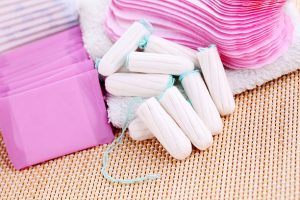
Donate pads in Uganda
Donating menstrual products to girls in Uganda is an important way to support menstrual health and hygiene. Here are some organizations that accept menstrual product donations and work directly with girls and women in Uganda:
Join an organization that donates: Love Uganda Foundation and other social enterprises produce and distribute reusable menstrual pads in Uganda. The organization accepts donations of menstrual products, as well as financial donations to support its work. For more information on how to donate, visit the Love Uganda Foundation.
Before donating menstrual products, it is important to check with the organization to ensure that the products are appropriate for the local context and that they will be distributed in a safe and effective manner. Additionally, financial donations can often have a greater impact than product donations. They can be used to support a wide range of menstrual health and hygiene initiatives.
Volunteer to educate girls about menstrual health in an orphanage in Uganda
Volunteering to educate girls about menstrual health in an orphanage in Uganda is a wonderful way to support menstrual health and hygiene. You can make a meaningful difference in the lives of young girls. Below are some steps you can take to volunteer:
- Research organizations: Research organizations that work with orphanages in Uganda and focus on menstrual health and hygiene. Some organizations that may be of interest include Love Uganda Foundation, AFRIpads, Days for Girls, and Global G.L.O.W.
- Contact the organization: Contact the organization directly to express your interest in volunteering. You can typically find contact information on the organization’s website or social media pages. Be sure to provide information about your background, skills, and availability.
- Discuss your role: Once you have connected with the organization, discuss your role as a volunteer. This may involve providing menstrual health and hygiene education to girls in the orphanage, distributing menstrual products, or helping to develop educational materials.
- Prepare for your trip: If you are traveling to Uganda, take the time to prepare for your trip. This may involve obtaining necessary visas and vaccinations, arranging travel and accommodation, and familiarizing yourself with the local culture and customs. Travel with us here
- Follow organizational guidelines: When volunteering, be sure to follow the guidelines set out by the organization. This may include adhering to safety protocols, respecting local cultural practices, and working collaboratively with other volunteers and staff.
Volunteering to educate girls about menstrual health in an orphanage in Uganda can be a rewarding and fulfilling experience. By sharing your knowledge and skills, you can help to promote menstrual health and hygiene. Break down menstrual stigma, and empower young girls to live healthy and fulfilling lives.
conclusion
In conclusion, menstrual health and hygiene is an important issue that affects millions of girls and women in Uganda. Menstrual stigma and discrimination can have serious consequences for the physical and mental health of individuals. It as well affects their access to education and economic opportunities. However, there are many ways to promote menstrual health and hygiene. The fight against menstrual stigma in Uganda, includes education, and advocacy. Community engagement, access to menstrual products, and research. Taking a comprehensive approach and working together. We can help to create a world where everyone has the right to manage their periods with dignity and respect. Additionally, volunteering or donating to organizations that support menstrual health and hygiene can have a positive impact on the lives of menstruating individuals in Uganda and around the world.
